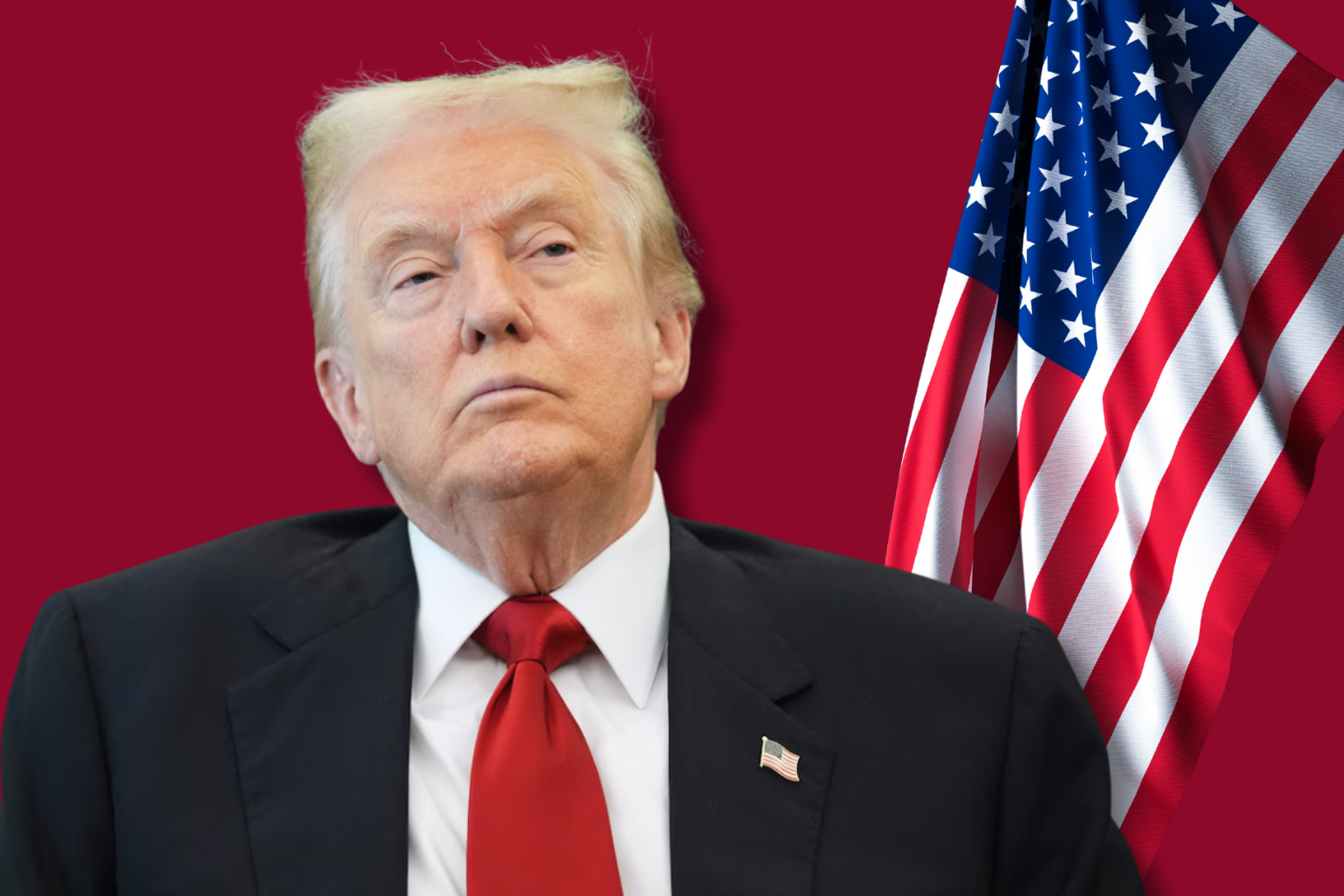As the 25th Anniversary Nears, America’s Fading Memory of 9/11 Raises Civic and Security Concerns

9/11’s synchronized strikes on New York, the Pentagon, and a Pennsylvania field killed almost 3,000. Families, first responders, and communities mourn.
Many Americans were born after 2001 or too young to remember it, widening the cultural memory gap. Over 100 million Americans in that generation are targeted by 9/11 awareness groups. National danger, civic duty, and democracy’s post-trauma potential vary by generation.
Classrooms show the gap. Only half of state high school social-studies standards mentioned 9/11 and fewer than 10 addressed its long-term implications, according to a 2017 audit. National memory is rarely taught or contextualized in schools, so kids miss how the attacks altered policy, legislation, and life.
Polls and research show younger Americans struggle with “Never Forget”. Recent surveys show that younger respondents are more likely to say “I don’t know” when explaining the slogan and less likely to associate it with victims, first responders, and civic values. Distance affects community response to threats and newcomers’ views of 2001’s sacrifices and reforms.
Social media deepens disparity. The reintroduction of Osama bin Laden’s 2002 “Letter to America” on TikTok highlighted problems regarding violent ideology and short-form film context. The widespread dissemination and various reactions illustrate that social media may alter historical memory as much as classrooms or museums.
Concerningly, recent polls and articles reveal that many younger people have surprising views on radicals. One in five 18-29-year-olds viewed Osama bin Laden positively in 2023, upsetting victims’ families, historians, and public officials who worry about historical ignorance or biased narratives weakening societal cohesion Polling and reporting are dangerous, but they indicate memory and education are not random.
Recent patterns suggest action. The National September 11 Memorial & Museum and others should improve 9/11 curricula, civic programming, and youth participation, according to politicians, advocacy groups, and museum educators. Congress and states demand classroom time, community service, oral-history efforts, and public programming that saves testimony and explains policy ramifications in addition to quiet.
New groups impart 9/11 lessons. Since a living memory requires effort, financing, and cooperation beyond an annual celebration, these groups prioritize education, commemoration, storytelling, public service, solidarity, and vigilance. Simply put, “Never Forget” is meaningless without incorporating that day’s events into schools, museums, and civic life.
Policy relevance. History ignorance renders people vulnerable to social media fallacies and unprepared for national catastrophes. After 2001, politicians and educators must explain to future generations why security policies changed, international alliances changed, and thousands of survivors need health and legal care. Politics, strategy, and emotions are at stake.
National leaders and local communities may invest in instruction, memorial, and service in 2026 to teach future generations about 9/11 and why America modified its defenses and policies. Memory fades. To “Never Forget,” the nation must educate, publicize, and sustain. Nearly 3,000 people perished in coordinated attacks on New York, the Pentagon, and a Pennsylvania field on 9/11. Families, first responders, and communities grieve.
Many Americans were born after 2001 or too young to remember it, expanding the cultural memory gap. 9/11 awareness groups target over 100 million Americans in that generation. Generational distance influences national risk, civic obligation, and democracy’s post-trauma potential.
Classrooms show the gap. A 2017 audit of state high school social-studies requirements found that only half acknowledged 9/11 and fewer than 10 addressed its long-term effects. National memory is rarely taught or contextualized in schools, so youth overlook how the attacks changed policy, law, and living.
Polls and research reveal younger Americans struggle with “Never Forget”. Recent surveys reveal that younger respondents are more likely to say “I don’t know” when explaining the slogan and less likely to identify it with victims, first responders, and civic precepts. Distance impacts community response to dangers and newcomers’ views of 2001’s sacrifices and reforms.
Social media widens the gap. The return of Osama bin Laden’s 2002 “Letter to America” on TikTok raised questions about violent ideology and short-form film context. The widespread circulation and varied reactions show how social media may affect historical memory as much as classrooms or museums.
Concerningly, recent polls and publications suggest that many younger people have surprising opinions about radicals. One in five 18-29-year-olds viewed Osama bin Laden positively in 2023, alarming victims’ families, historians, and public officials who fear about historical ignorance or skewed narratives eroding social cohesion. Poll techniques and reporting are risky, but they show memory and education are not random.
Recent trends suggest intervention. Some lawmakers, advocacy groups, and museum educators want better, more standard 9/11 curricula across states, more civic programming, and more youth engagement by the National September 11 Memorial & Museum and others. Congress and states demand classroom time, community service, oral-history efforts, and public programming that saves testimony and explains policy ramifications in addition to quiet.
New groups attempt to teach 9/11’s lessons. These groups emphasize education, commemoration, storytelling, public service, solidarity, and vigilance since a living memory demands effort, funding, and cooperation beyond an annual celebration. Simply put, “Never Forget” is meaningless without incorporating that day’s events into schools, museums, and civic life.
Policy relevance. Lack of history makes people more susceptible to social media myths and unprepared for national crises. After 2001, politicians and educators must explain to future generations why security policies changed, international alliances changed, and thousands of survivors need health and legal care. Politics, strategy, and emotions are at stake.
National leaders and local communities may invest in instruction, memorial, and service in 2026 to teach future generations about 9/11 and why America modified its defenses and policies. Memory fades. To “Never Forget,” the nation must educate, publicize, and sustain.
Sources
AP News
San Francisco Chronicle
TIME
More in Common
i24NEWS
Representative Andrew Garbarino




